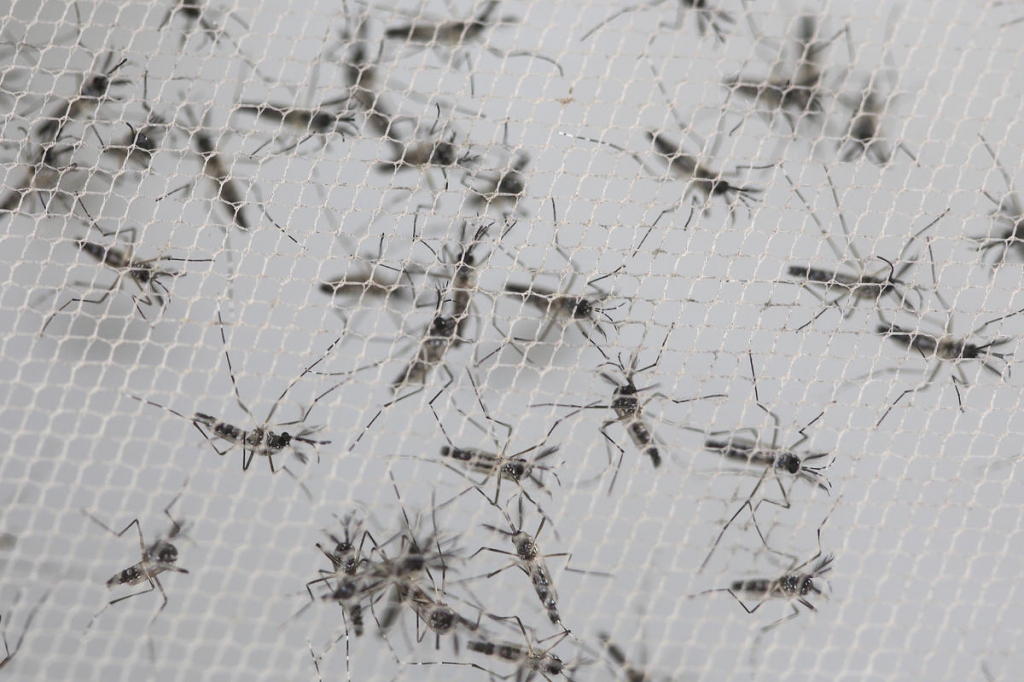-
Tips for becoming a good boxer - November 6, 2020
-
7 expert tips for making your hens night a memorable one - November 6, 2020
-
5 reasons to host your Christmas party on a cruise boat - November 6, 2020
-
What to do when you’re charged with a crime - November 6, 2020
-
Should you get one or multiple dogs? Here’s all you need to know - November 3, 2020
-
A Guide: How to Build Your Very Own Magic Mirror - February 14, 2019
-
Our Top Inspirational Baseball Stars - November 24, 2018
-
Five Tech Tools That Will Help You Turn Your Blog into a Business - November 24, 2018
-
How to Indulge on Vacation without Expanding Your Waist - November 9, 2018
-
5 Strategies for Businesses to Appeal to Today’s Increasingly Mobile-Crazed Customers - November 9, 2018
Three people in Columbia have died due to the Zika virus
Zika virus is carried by the same mosquito, Aedes aegypti, that transmits dengue.
Advertisement
The CDC recommends that pregnant women and men with a pregnant partner who have traveled to an area with Zika activity should “consistently and correctly use condoms during sex… or abstain from sexual activity for the duration of the pregnancy”.
Infection with the Zika virus causes only mild symptoms in the majority of the cases, but an apparent link to birth defects and other pregnancy-related poor outcomes has been associated with infection during pregnancy. Concern has spiked because the virus is apparently causing some babies in Brazil to be born with microcephaly, a condition marked by small heads and brains. All travelers are advised to use insect repellent and take other steps to avoid mosquito bites.
“If they come back to the area and they have symptoms of Zika virus, that’s where it can spread apparently there are a few cases now where it has been transmitted from not casual contact but through sexual contact”, said Sweeney. “I understand that this is a stressful situation for women and families and particularly for women who are pregnant and what we are doing in our efforts is prioritizing all of the work we can do to protect pregnant women”, he said.
If a man has a partner who is not pregnant, the CDC recommends taking similar action if he or she is seriously anxious about transmission of Zika.
If you have recently returned from an area affected by a Zika virus outbreak, you might not know if you have it yet.
The CDC isn’t sure how long the risk of sexually transmitted Zika lasts, but said they are looking into answering that question.
“The Department of Health is concerned about the health of all Pennsylvanians who are potentially at risk from Zika virus”, said Health Secretary Dr. Karen Murphy. Researchers are also looking into the virus’s potential connection to Guillan-Barre Syndrome, a temporary disorder in which the immune system attacks part of the nervous system. The U.S. Centers for Disease Control and Prevention said Wednesday, Jan. 13, 2016, that it has found the strongest evidence so far of a possible link between a mosquito-borne virus and a surge of birth defects in Brazil.
Asked during a conference call with reporters how likely it might be that Zika could spread through saliva and urine, Frieden said “we just have no data to inform that”.
Fiocruz, as the foundation is informally known, made the discovery after analyzing samples from two patients and carrying out a partial genome sequencing of the virus, said Paulo Gadelha, president of the foundation.
Advertisement
Blood banks around the world are asking donors to wait for several weeks after travelling to Zika-affected countries before giving blood.





























